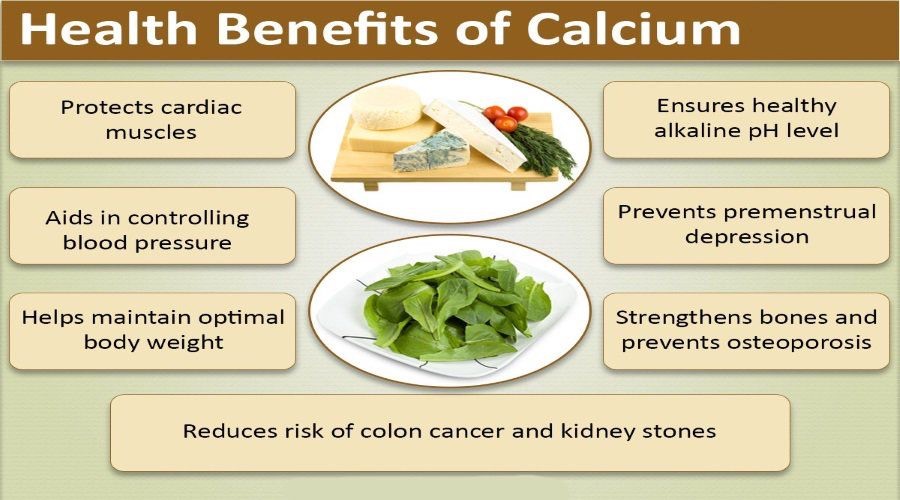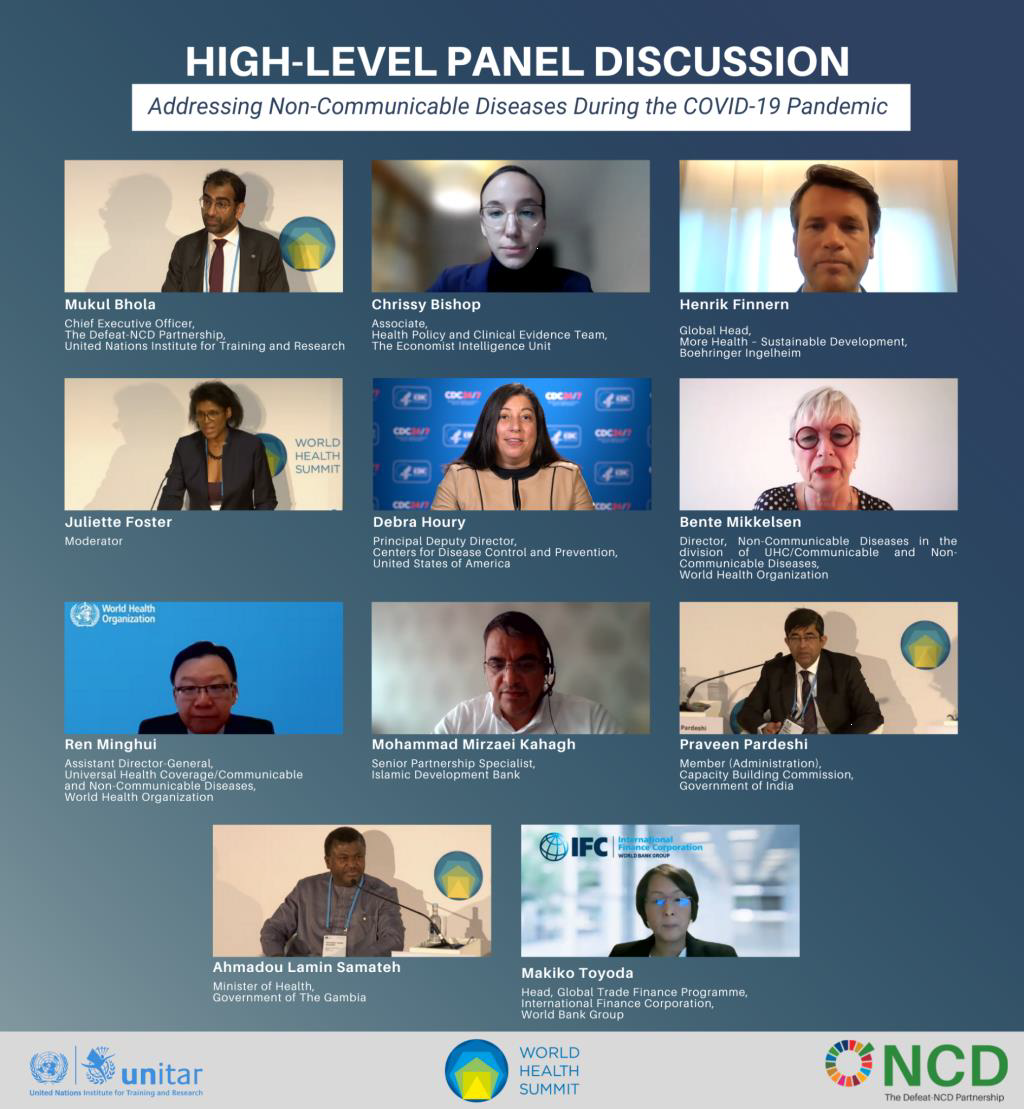By Dr. Sunkaru Touray, MD, FACP, FCCP**
Air pollution has become an alarming issue globally, with recent scientific evidence revealing its devastating effects on human health. Air pollution is one of the five risk factors for developing noncommunicable diseases (NCDs). NCDs are diseases are health conditions that cannot be transmitted from person to person, such as high blood pressure, stroke, heart disease, cancer, and diabetes. According to a recent report by the Ministry of Health, it isestimated that more than 90 percent of adults aged 25 to 64 have one or more NCDs, which account for a staggering 30 percent of adult deaths in the country. Air pollution has been classified as a carcinogen by the World Health Organization International Agency for Research on Cancer (IARC), adding to the concerns surrounding the increasing number of cancer cases, which the Ministry of Health admits are being underreported.
Air pollution is a result of both natural occurrences, such as bush fires, as well as manmade activities. The five main air pollutants identified are particulate matter, sulfur dioxide, nitrogen oxide, ozone, and carbon monoxide. These pollutants stem from various sources, including burning fossil fuels in motor vehicle traffic, desert storms originating from the Sahara, slash and burn activities in forested areas, and open burning of domestic wasteamong other activities. It is no surprise that air pollution has been making headlines worldwide, from the United States, where wildfires in Canada have led to significantly poor air quality, to India, where air pollution has reached alarming levels estimated to cause severe health problems.
According to a recent report by the University of Chicago’s Energy Policy Institute, Asia and Africa bear the greatest burden of air pollution yet lack key infrastructure to tackle this issue effectively. The Gambia is no exception. The country lacks an air quality monitoring network that shares crucial data openly with the public. This lack of data, coupled with lack of awareness, are barriers to addressing air pollution. Additionally, there are legislative gaps when it comes to setting air quality standards, leaving the population vulnerable to its harmful effects.
To confront this pressing issue, renewed efforts are required from the government, private sector, and civil society associations. Raising awareness about air pollution and developing local solutions to combat this global menace are essential. It is imperative that the government takes the lead in implementing strict air quality standards and investing in the necessary infrastructure to monitor and control air pollution. Adopting proactive air quality policies and standards for air pollution management that includes open data will be an environmental and public health precedent in Africa, given that more than 96 percent of countries in the region do not make air quality data fully open and more than 95% do not have an annual data standard. The private sector must also step up, adopting cleaner technologies and practices to reduce emissions. Civil society associations can play a significant role in educating the public and advocating for stronger environmental policies.
Tackling air pollution is not an easy task, but it is an urgent one. The health and well-being of the Gambian population depend on taking immediate action to reduce air pollution. By working together, we can create a cleaner and healthier environment for generations to come. The time to act is now, before the silent killer claims more lives and further deteriorates the nation’s health.
** Sunkaru Touray, MD, FACP, FCCP is an American Board-Certified specialist in Pulmonary Diseases and Critical Care Medicine, and the Co-Founder of the Permian Health Lung Institute.





